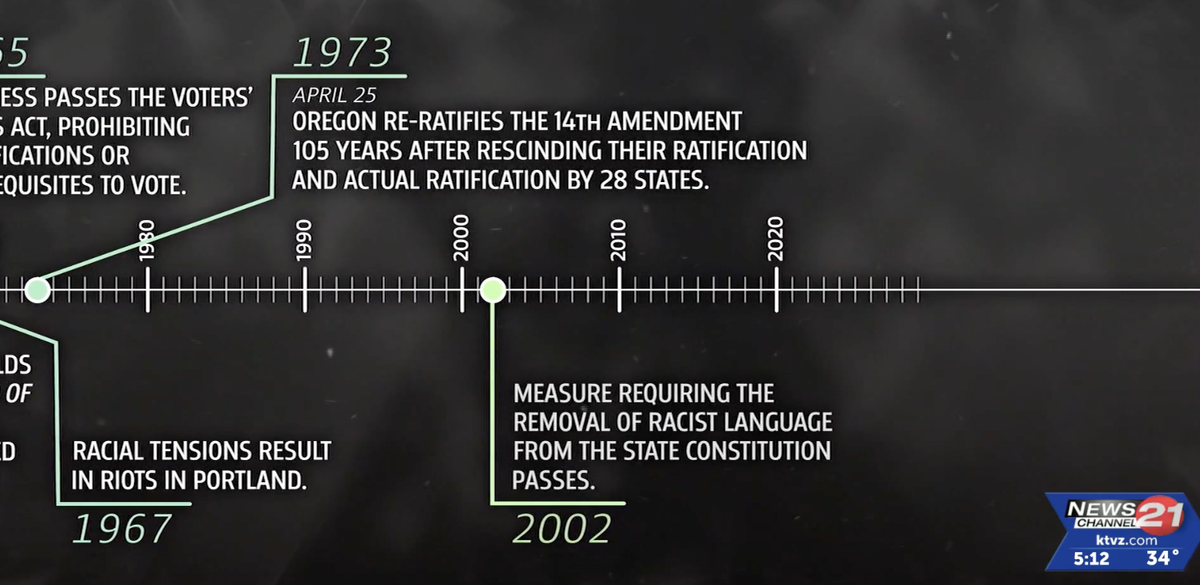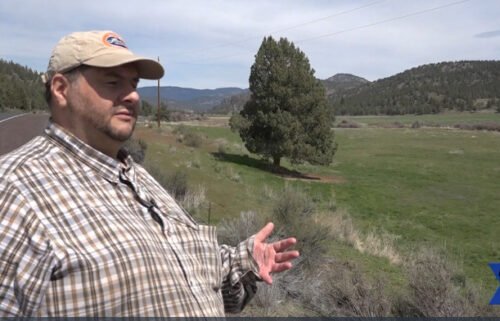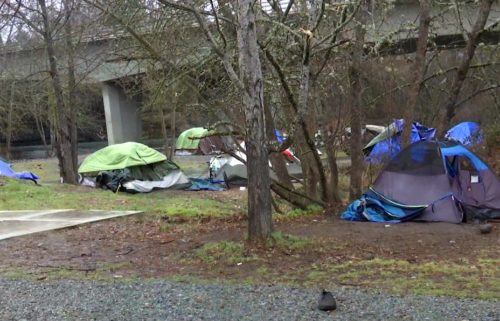Oregon’s birthday falls during Black History Month, spotlighting a part of state’s history many unaware of

State's Black exclusion laws were later removed, but many don't know they existed
BEND, Ore. (KTVZ) -- February is Black History Month, and it’s also the month (Feb. 14 to be exact) that Oregon officially became a state, back in 1859. Two Central Oregonians say learning that history -- even uncomfortable parts of it -- is crucial, to understand perspective and identity.
Kelly Cannon-Miller, executive director of the Deschutes County Historical Society, spoke about the importance of understanding Oregon's history from a more collective experience.
According to the Oregon Historical Society's Oregon Encyclopedia, there were actually three Black exclusion laws during the state's early history. Though later rescinded, they did discourage free Blacks from settling in Oregon during its early years.
"I can’t possibly begin to understand what it is like to be black in Central Oregon or in Oregon without understanding how my state has come to be in 2023, from the beginning," Cannon-Miller said.
Marcus LeGrand, Afrocentric Program coordinator at Central Oregon Community College, said he educates his students to be aware of their history, and learn how to grow from it.
"Teachers need to feel comfortable teaching it," LeGrand said.
"While we make attempts to really be present in Black History Month, I feel like everything we talk about is at a national level. And it’s the big unspoken thing that when Oregon was made a state, we also put in place Black exclusion laws to purposely keep our state white."
Legrand said, "Look at different things that have happened in Oregon history. Just for example, if you were not an enslaved person here in Oregon (and) you were a person of color, you received 39 lashes until you left the state -- every six months. That happened."
Cannon-Miller added, "It is hard -- it is hard to look at, but we don’t get anywhere if we don’t look at it. I think the biggest damage in not talking about it is that it meant that multiple generation of Oregonians have grown up thinking that we don’t have a problem' because we entered as a 'free state.;”
LeGrand works to open more pathways of communication with his students and has identified some struggles.
"Now, when they learn the information and watching them consume it, and then having conversations with their parents," LeGrand said. "As we know, a lot of the population here is adopted.”
But Cannon-Miller said history should never be exclusive.
“Use it to understand the world around you, and not something that is designed to make you feel any one way or another," Cannon-Miller said. "History is like any set of data. It’s a tool to make you understand the world you’re living in."
Both LeGrand and Cannon-Miller encourage Central Oregonians to study history from a variety of perspectives.




